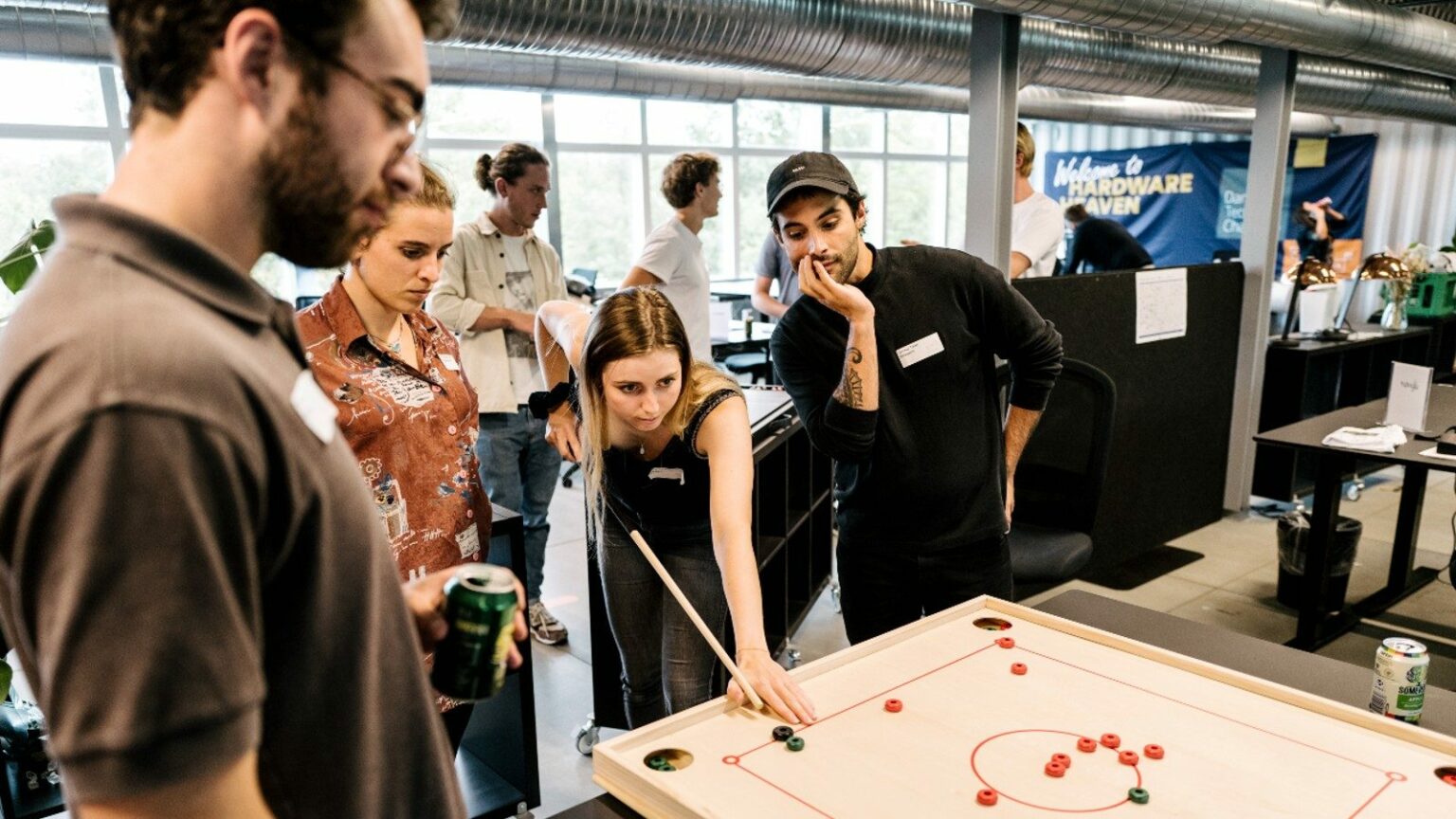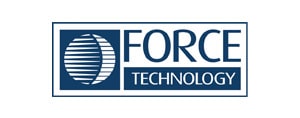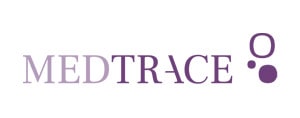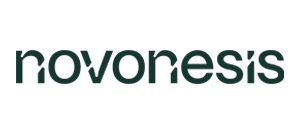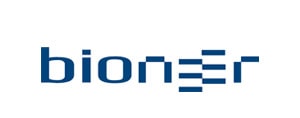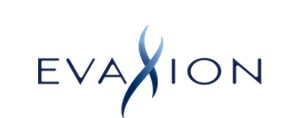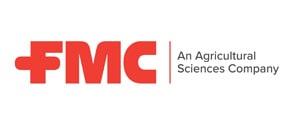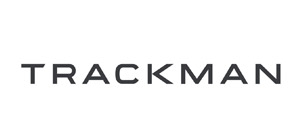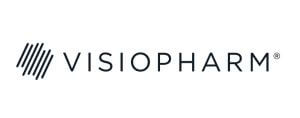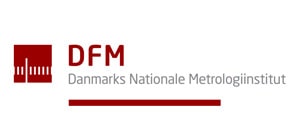Many teams believe that a good idea they are passionate about, and a bit of hard work is all it takes to succeed with a startup. However, it is not that simple.
Organisational consultant Thea Tolstrup Bramming has been advising teams in a number of large companies and more than 80 startups for over 17 years. Getting the team’s so-called cultural foundation in place as early as possible is essential, she believes.
Therefore, all teams are coached by Thea Tolstrup Bramming throughout the duration of Danish Tech Challenge.
“We start by creating a team profile. This gives me insight into the team and simultaneously creates a common language so we can talk about the team and collaboration,” Thea Tolstrup Bramming states.
Create structure and rhythm
During the profiling, a need for more structure and rhythm in the team often emerges, as prior to this, the startup may have assumed the character of a hobby project rather than a wholly professional collaboration.
“It may sound like a boring place to start, but it is often an eye opener for the team,” Thea Tolstrup Bramming says.
The next step is ensuring the most important aspect is in place – namely the cultural foundation.
“Why is this important? Because it is what binds us together as humans. It is also the foundation for being able to make a number of vital decisions for the team and the organisation,” Thea Tolstrup Bramming argues.
Purpose and principles
This is where they start looking at the purpose of the company.
“Why have they started this company and what do they want to achieve with it? This is because it isn’t given that this is the same for everyone in the founding team,” says Thea Tolstrup Bramming.
If the teams only start examining this when they need to select investors or partners, it can be too late, and things risk falling apart, she emphasizes.
“And this is precisely what we want to avoid. We want to create a sense of cohesion early on, and we do this by discussing what they want. Do they want to save the world, earn money, or create the coolest technology?” Thea Tolstrup Bramming asks.
They subsequently take a look at the principles – also known as values or the mindset present when establishing a company – because it is also here where differences in the founding team can be found.
“What should characterise the company in the long term, and what do they dream of? For example, should they be together most of the time or should there be more freedom? Thea Tolstrup Bramming asks.
Know the roles in detail
Afterwards, the team can begin establishing its structure, practices, and ways of doing things, so that these are aligned with the cultural foundation.
“If freedom and trust are important elements in the culture, a structure that differs from the traditional hierarchy should perhaps be established. Structure and culture go hand in hand,” Thea Tolstrup Bramming states.
The first step in the structure work is to take a look at the roles. Not just the titles, but the actual tasks.
“Founders have often already assigned overall roles, but this is where I ask them to pick the roles apart and redefine them in more detail, so that there is clarity about who does what,” Thea Tolstrup Bramming states.
This is where they potentially discover that some of the tasks overlap.
“At the same time, clarity emerges over which competencies the team is lacking. This allows them to get the right profiles in the team and make a plan for scaling up,” Thea Tolstrup Bramming says.
Therefore, it is important to discuss the fundamentals.
“One of the biggest dangers is that the team thinks everything is fine, and isn’t forced to talk about and reflect over things before they find themselves in a situation that is difficult to handle,” Thea concludes.
About Danish Tech Challenge
Danish Tech Challenge is a five month intensive acceleration program where participants have access to sparring from mentors and advisors, a prototype workshop, investors and a grand prize – The Entrepreneur Award – from Industriens Fond worth DKK 500,000. Danish Tech Challenge was established in 2014 and is supporting hardware startups in bringing new products to the market. More than 100 startups apply each year. Danish Tech Challenge is run by DTU Science Park and supported by Industriens Fond.
